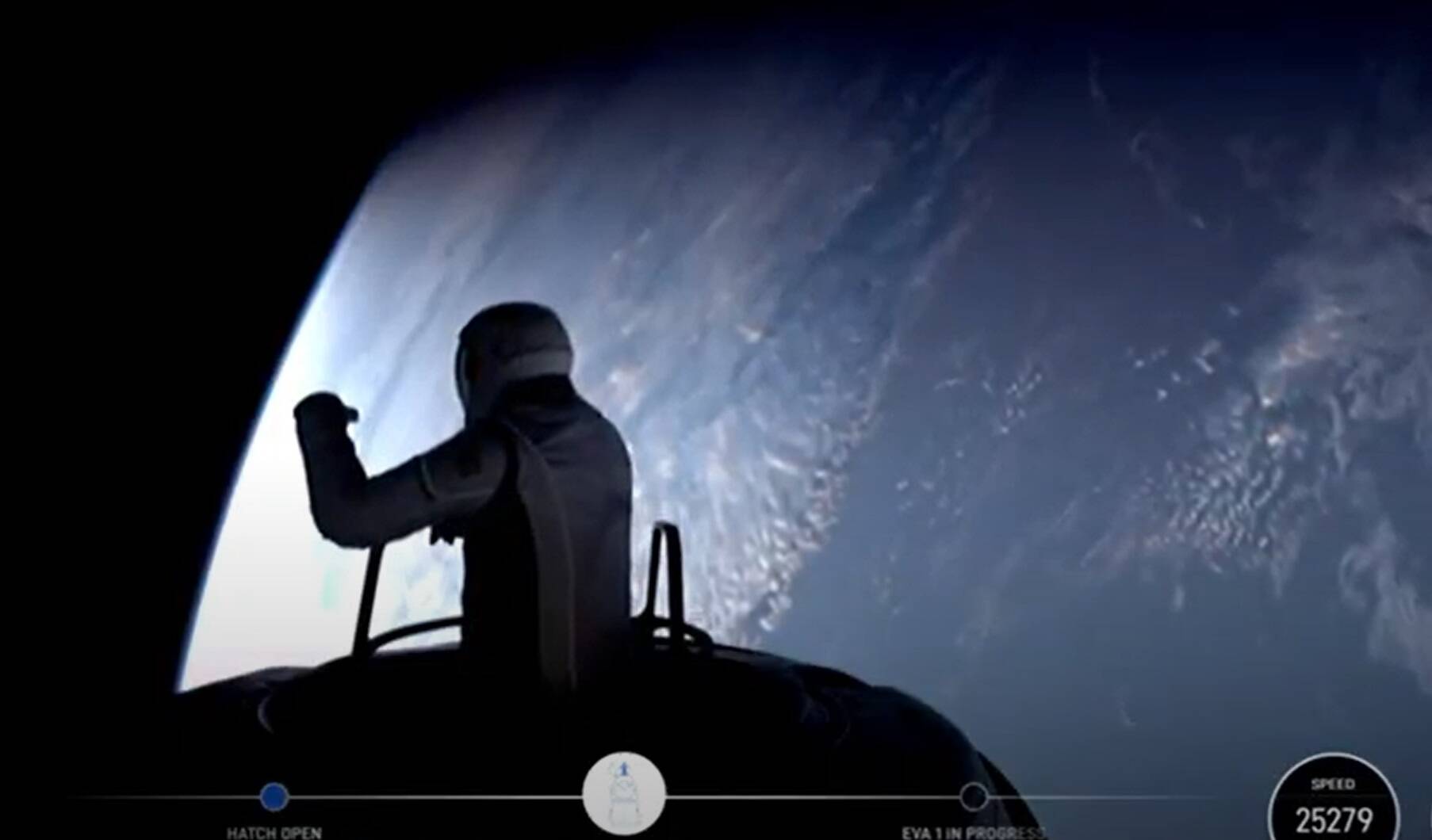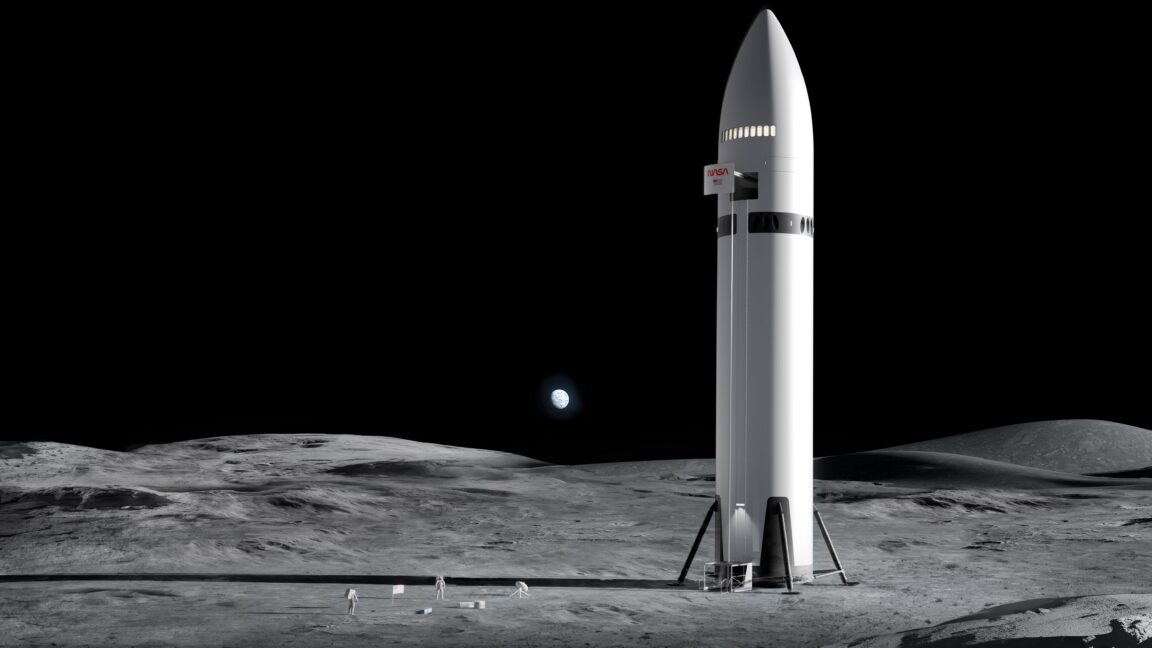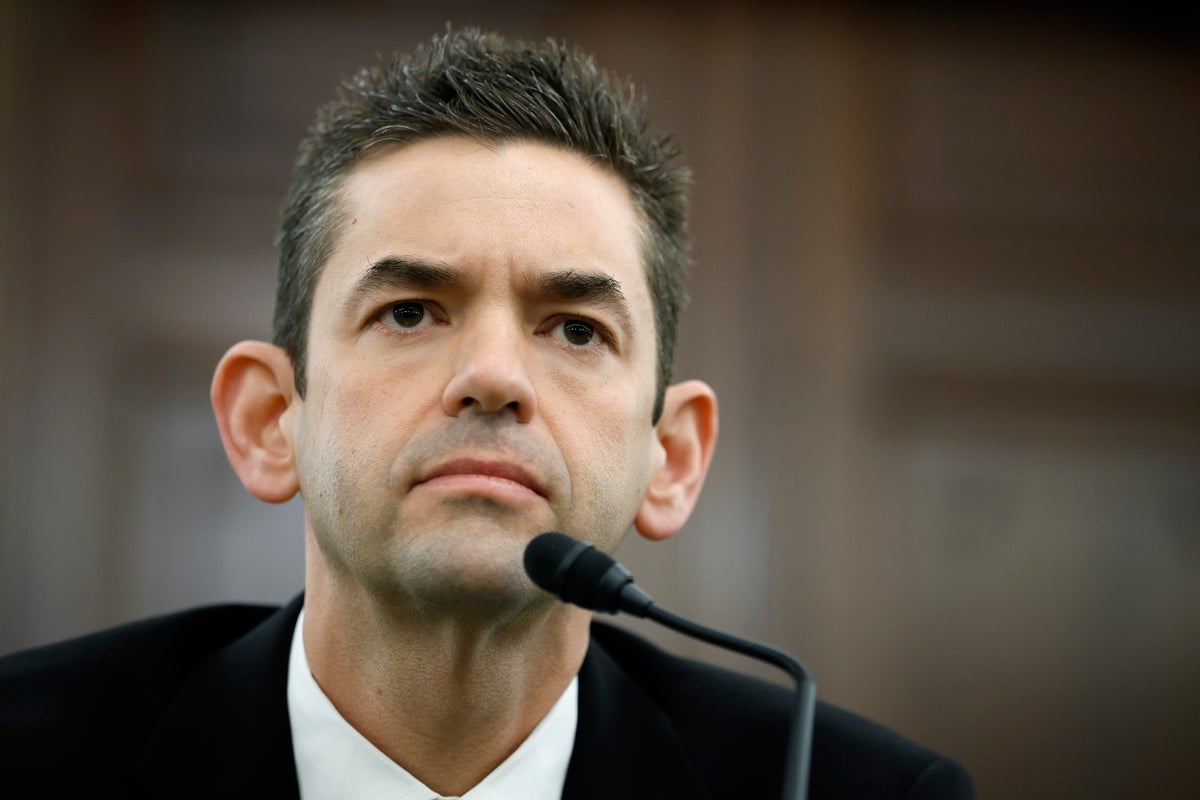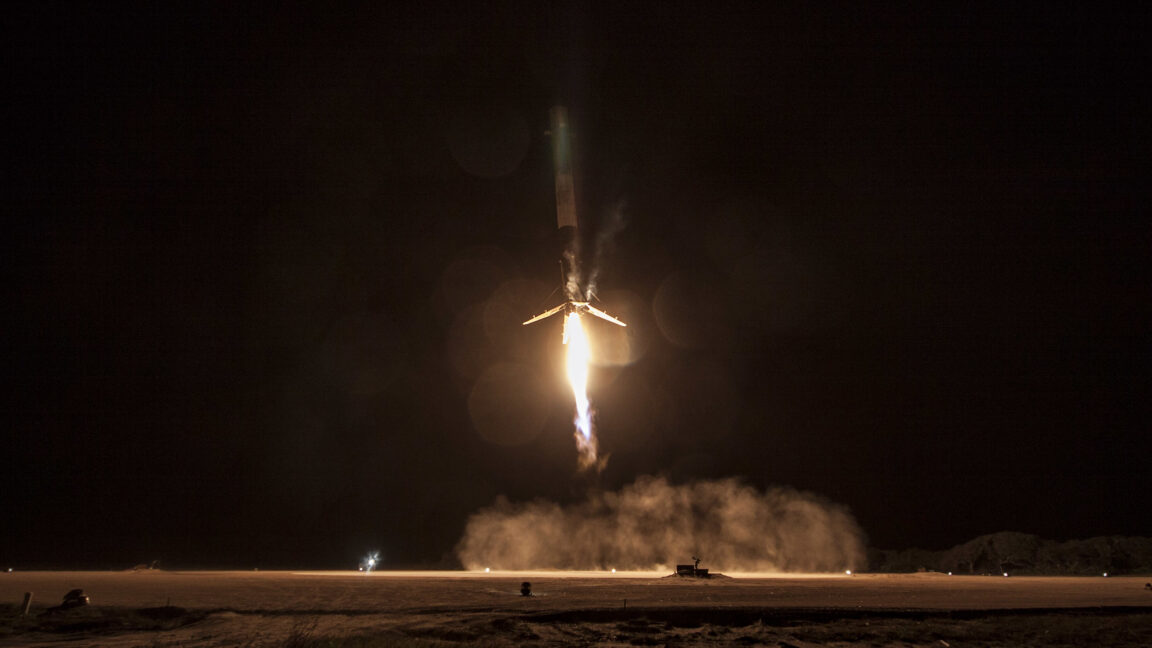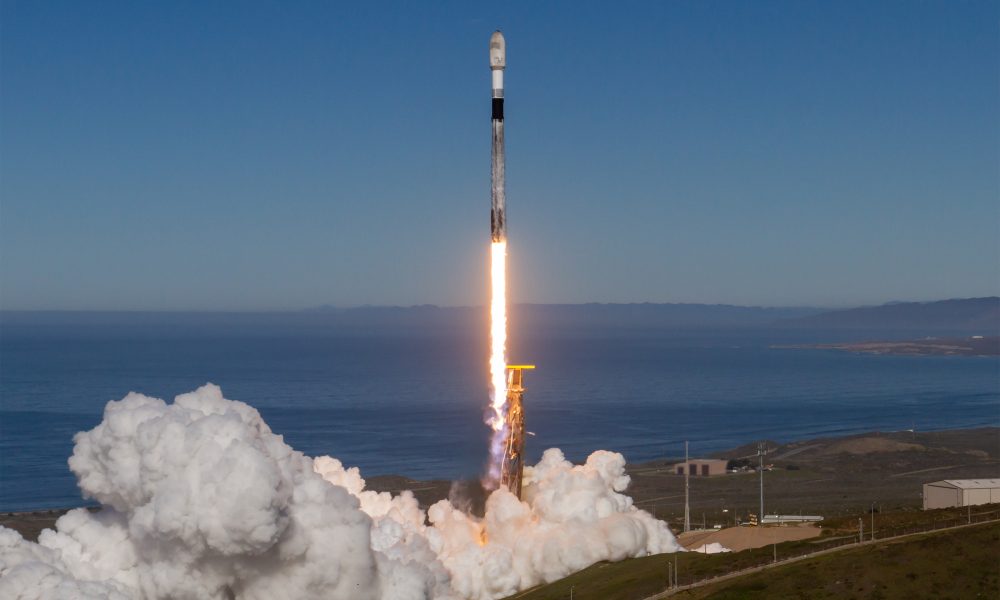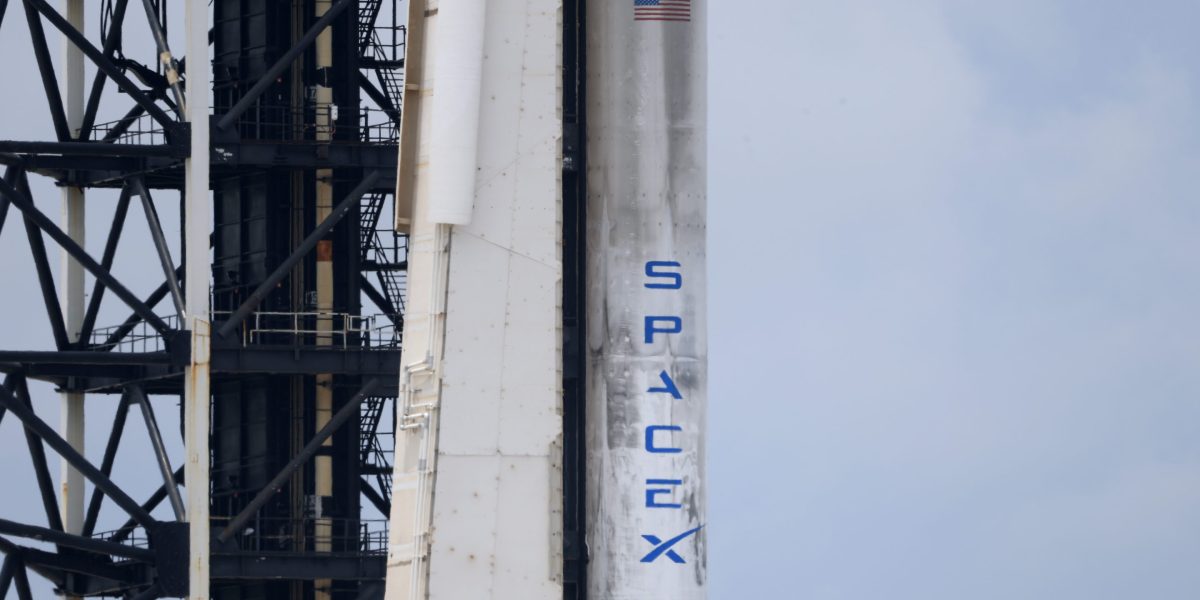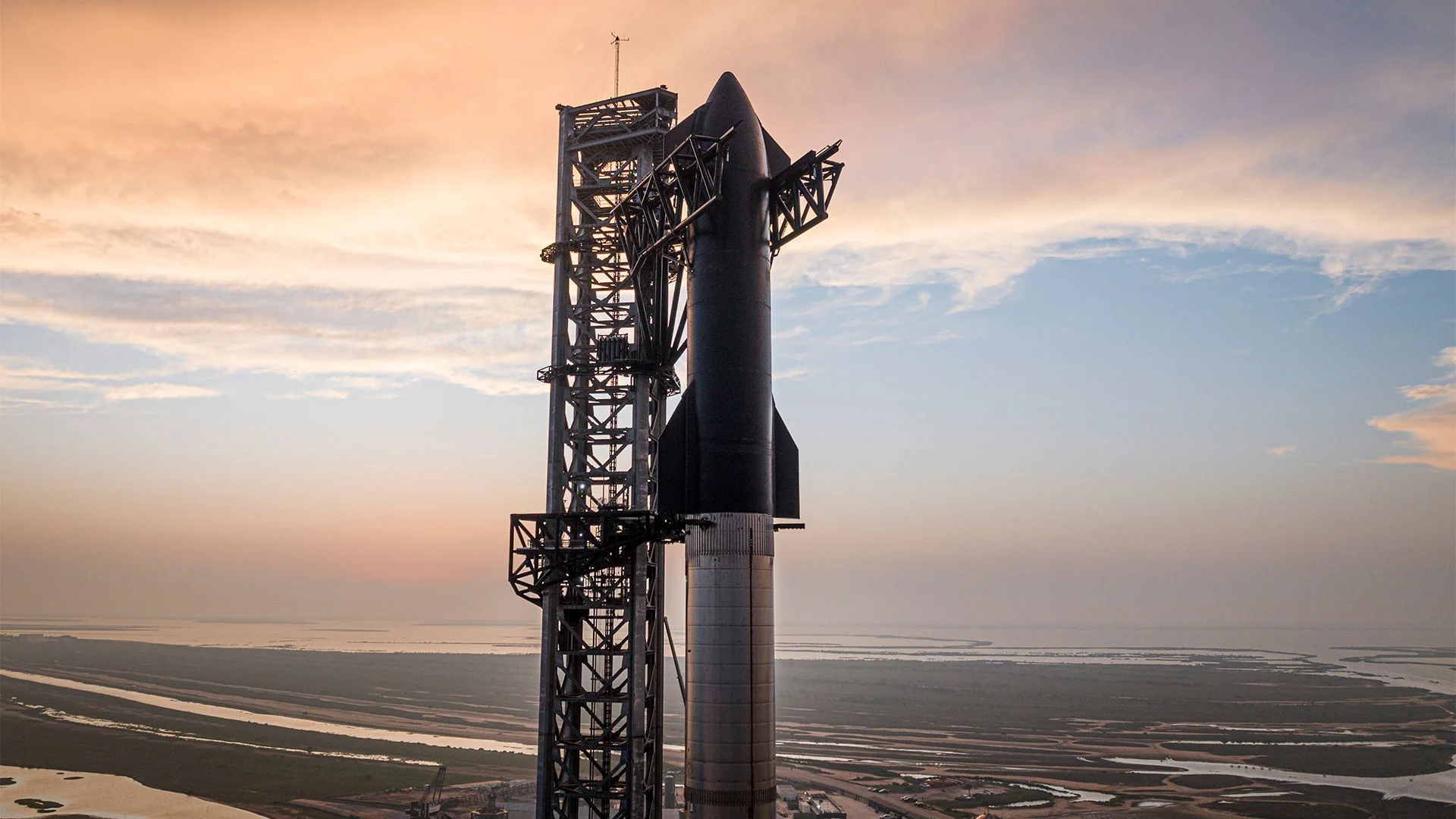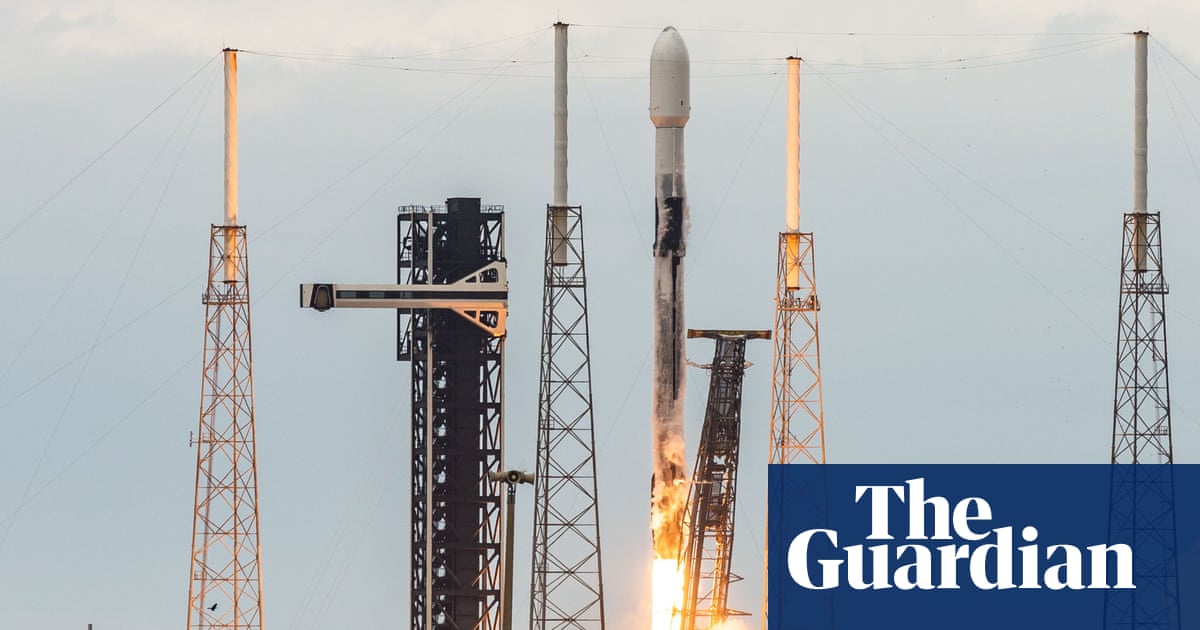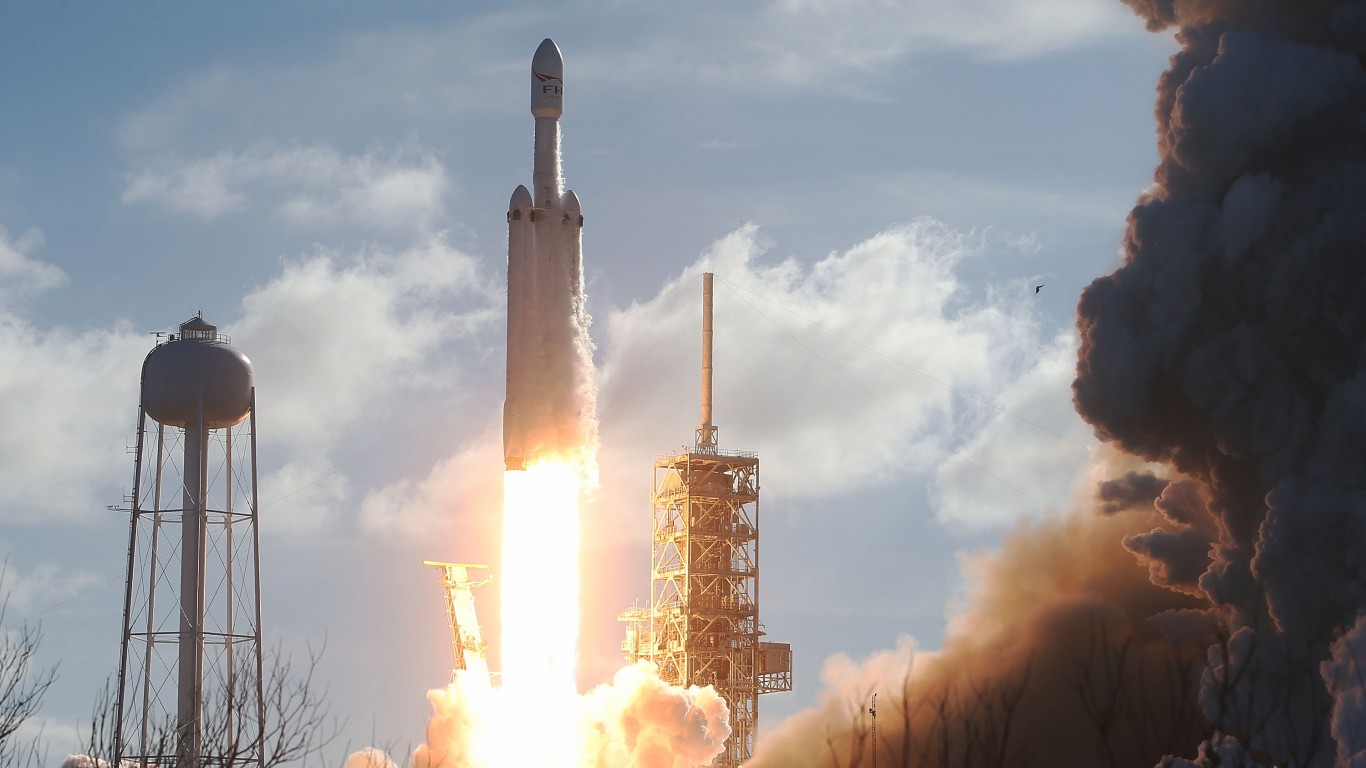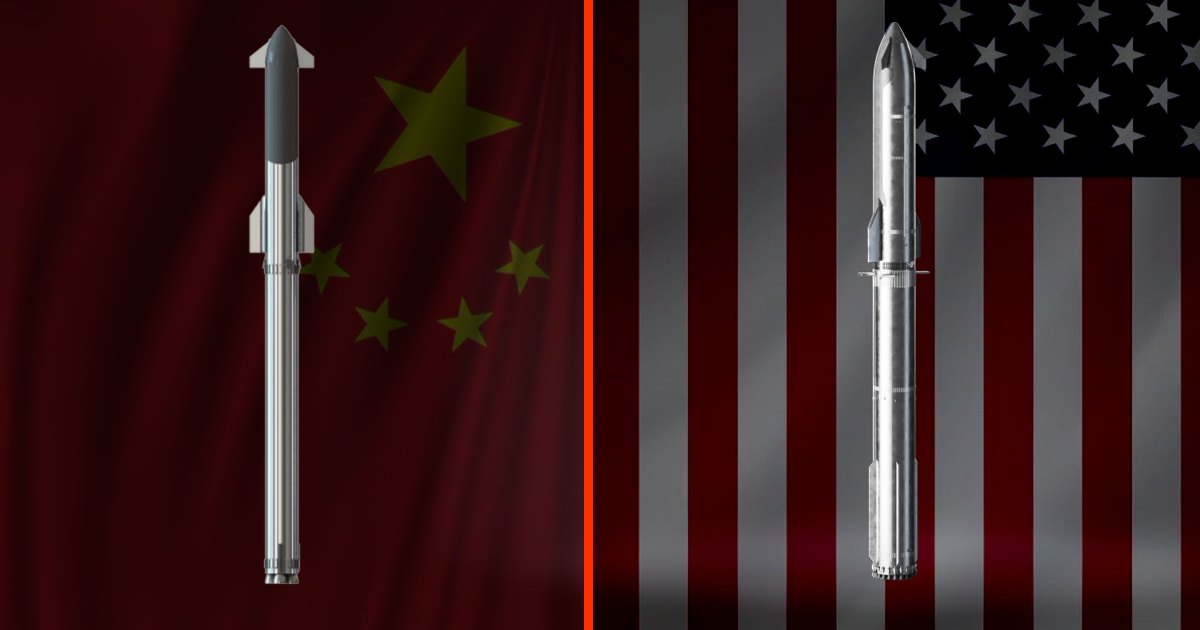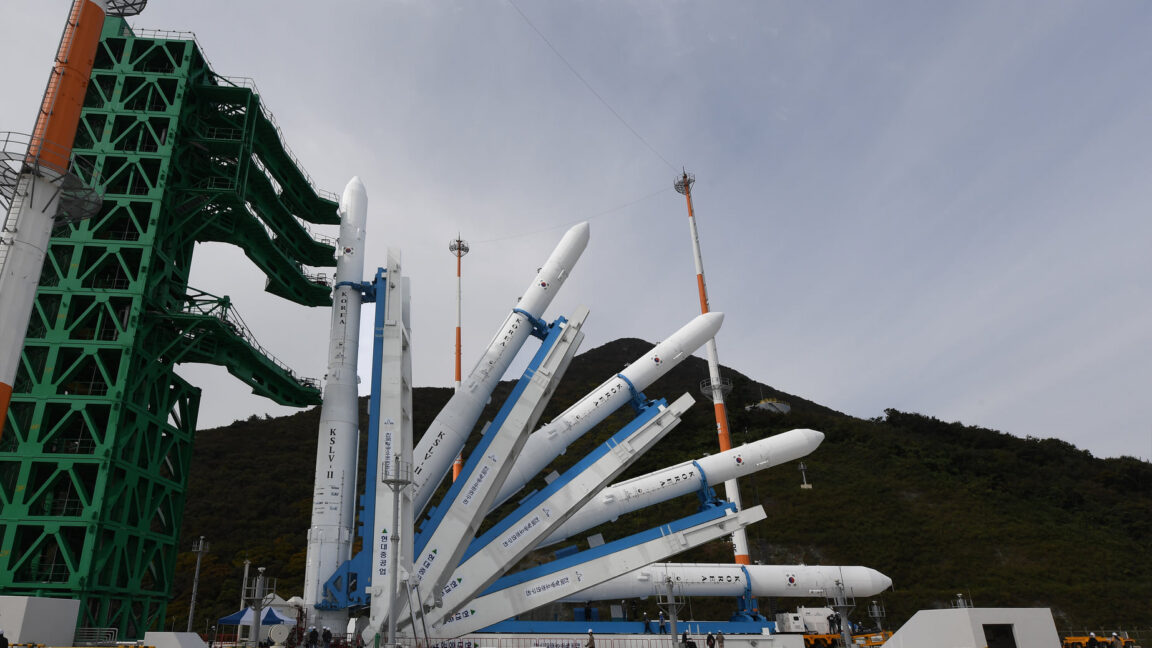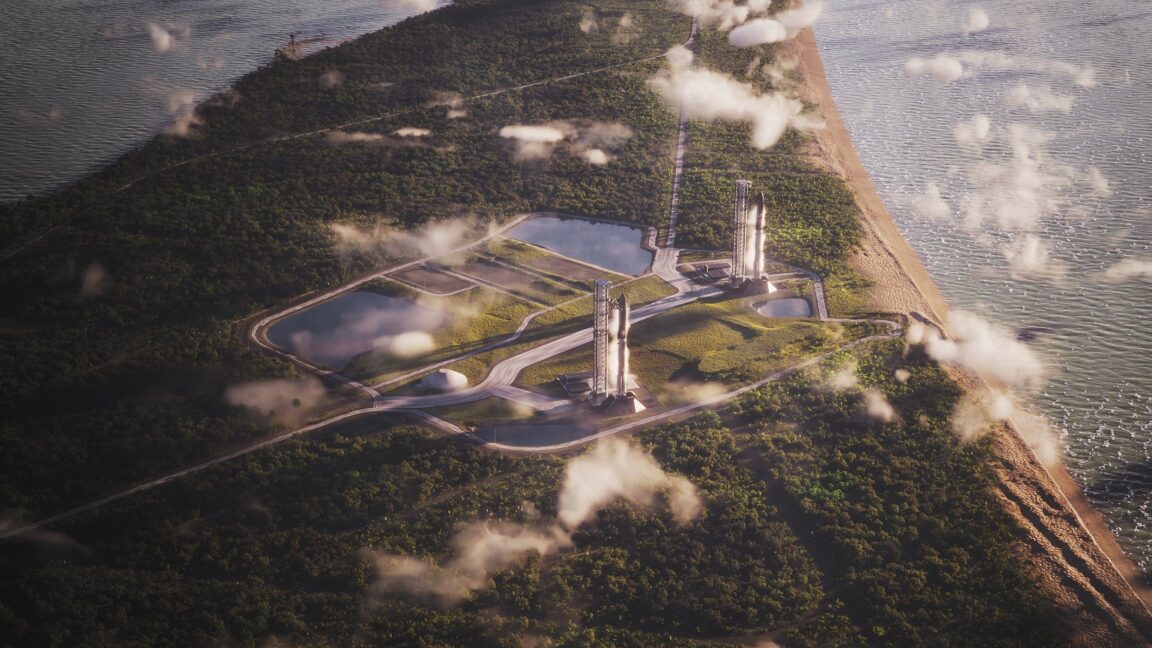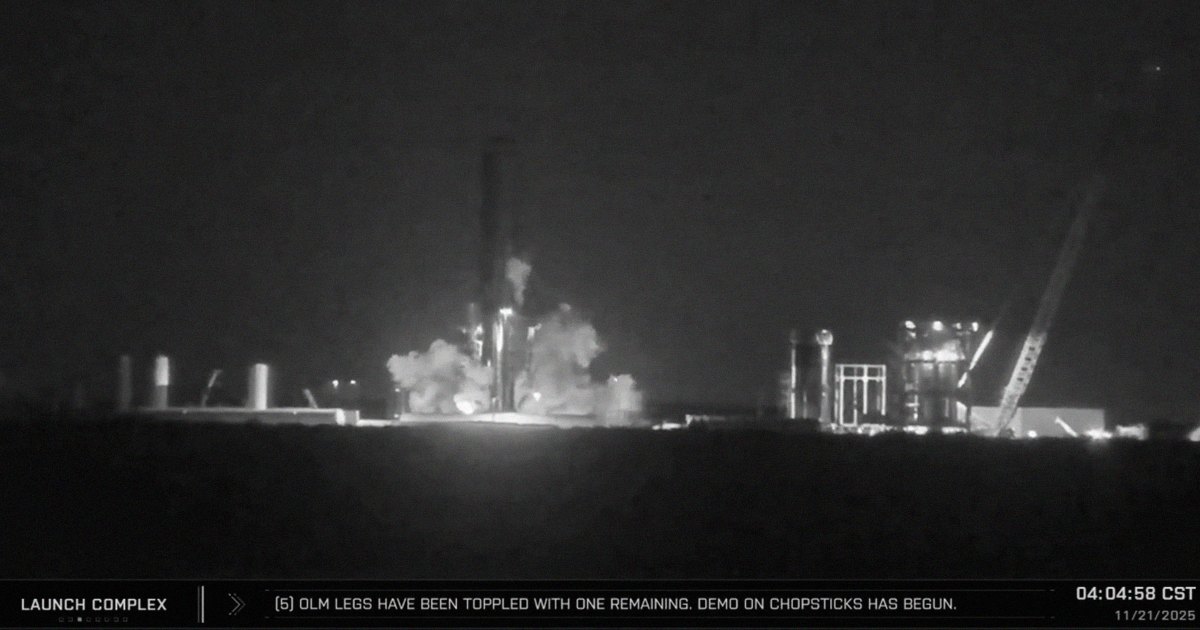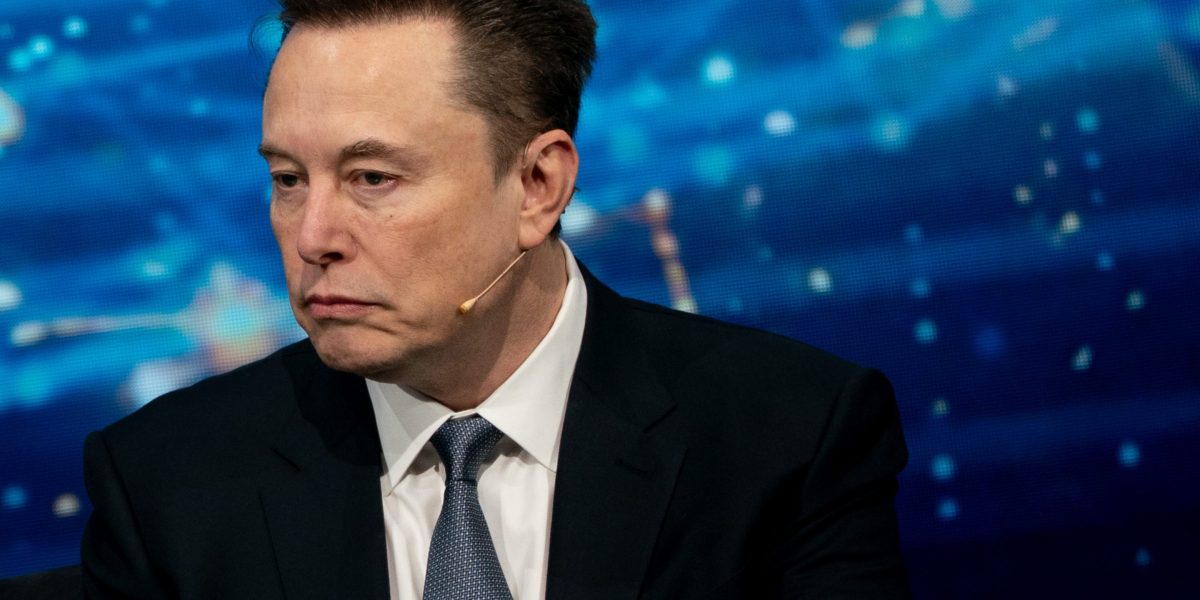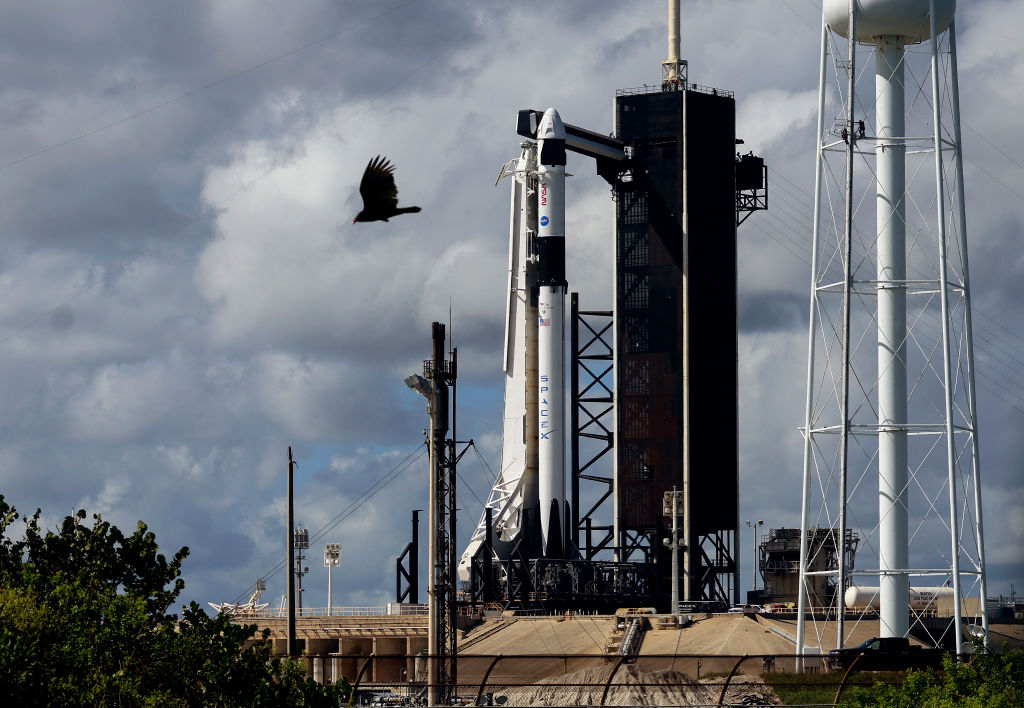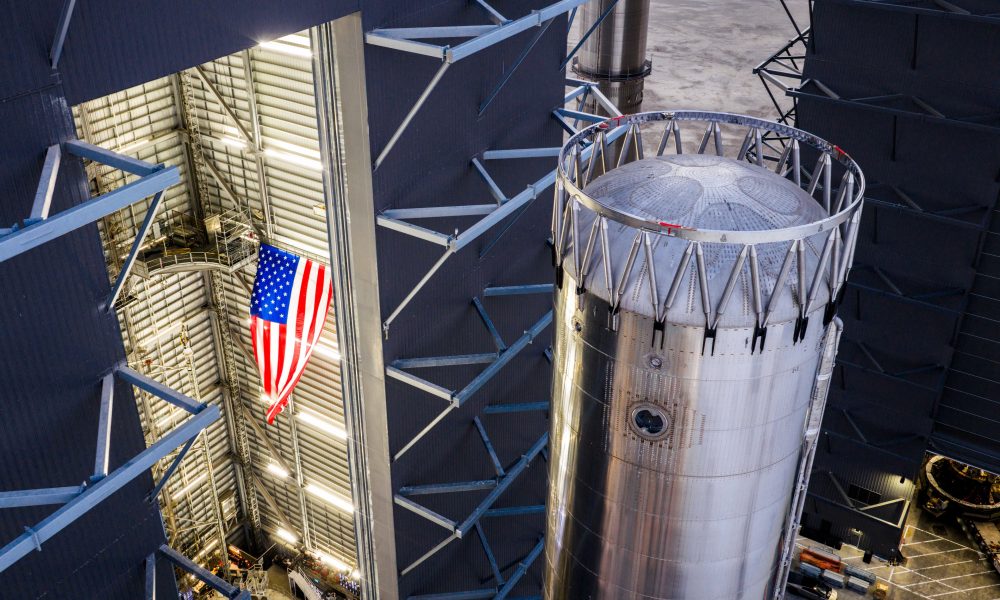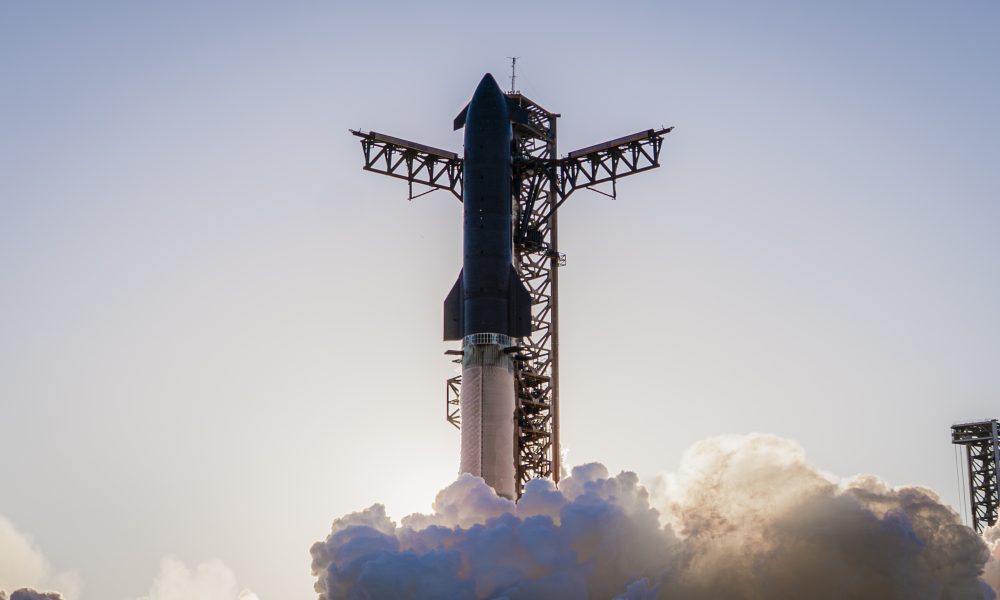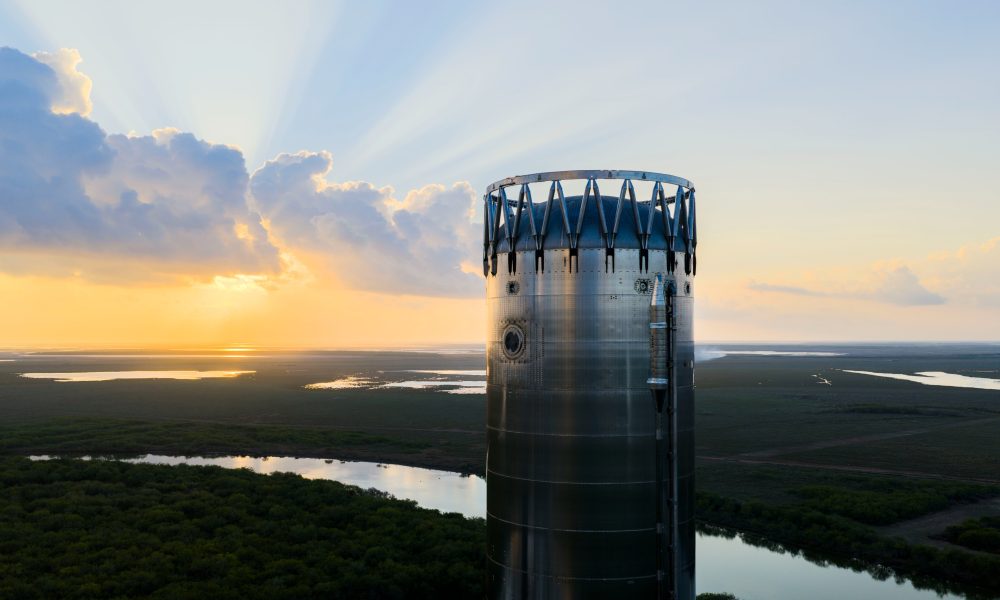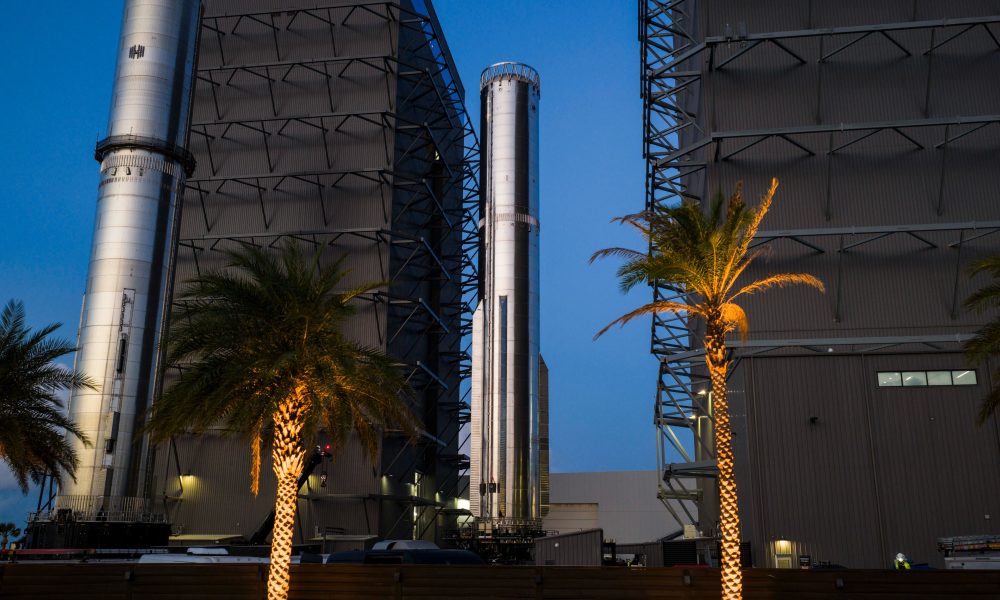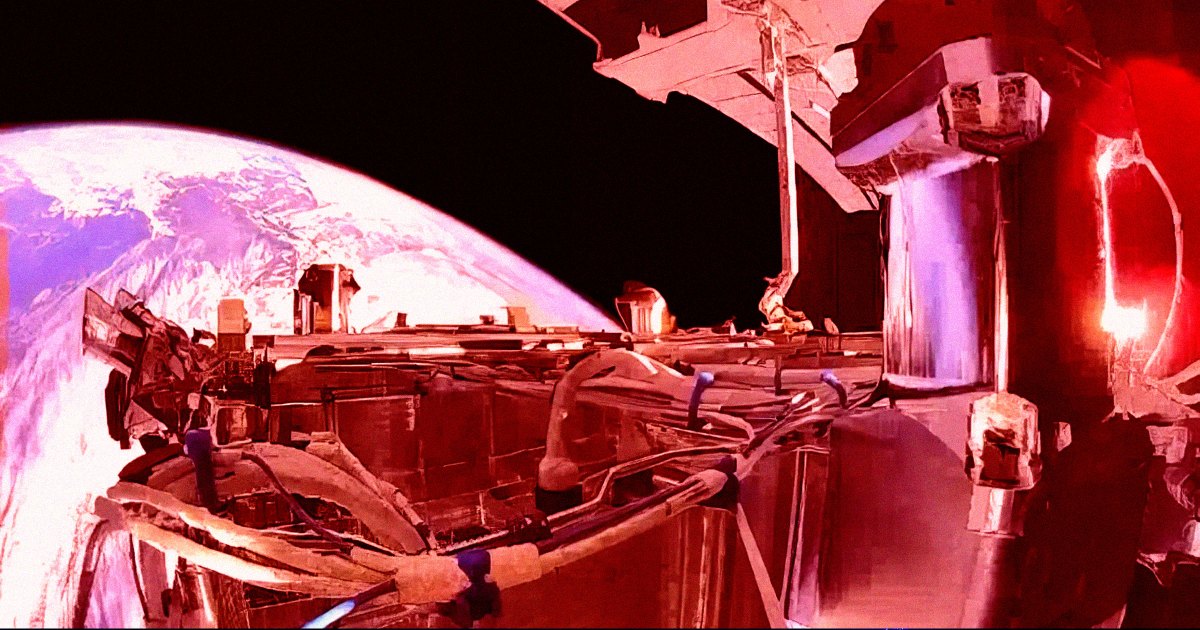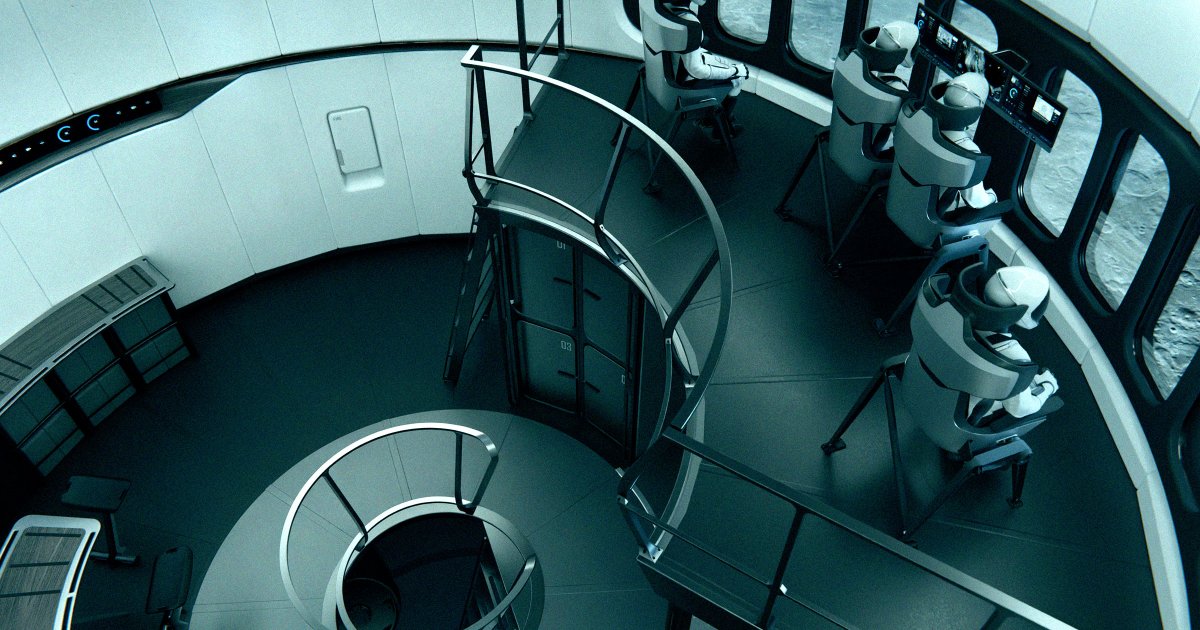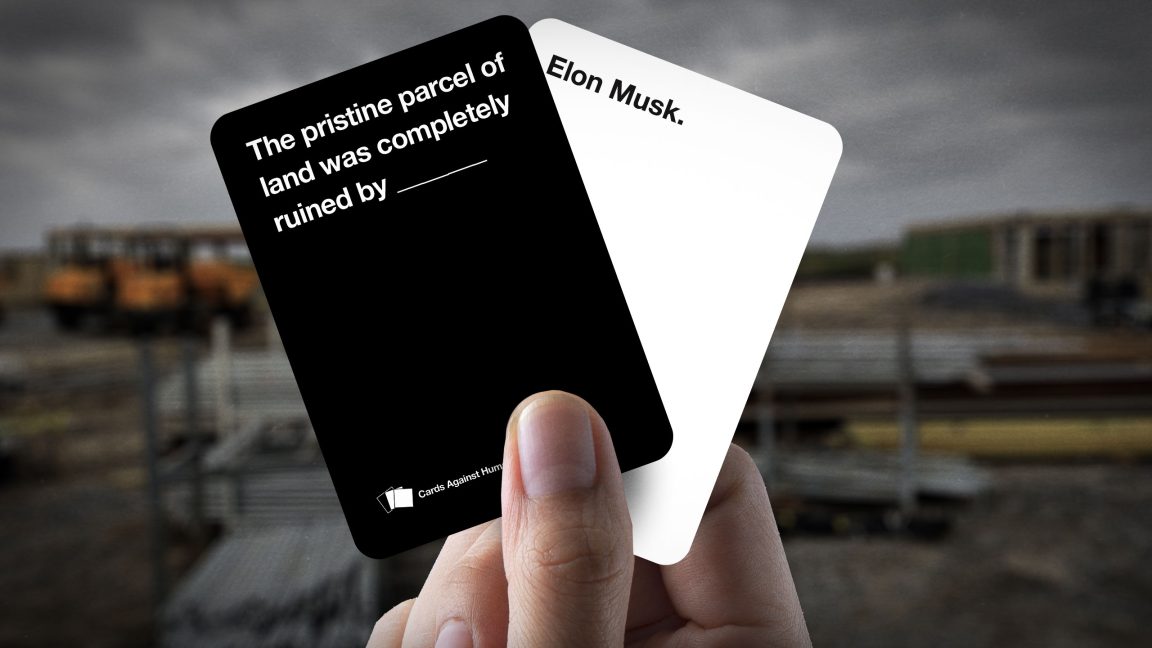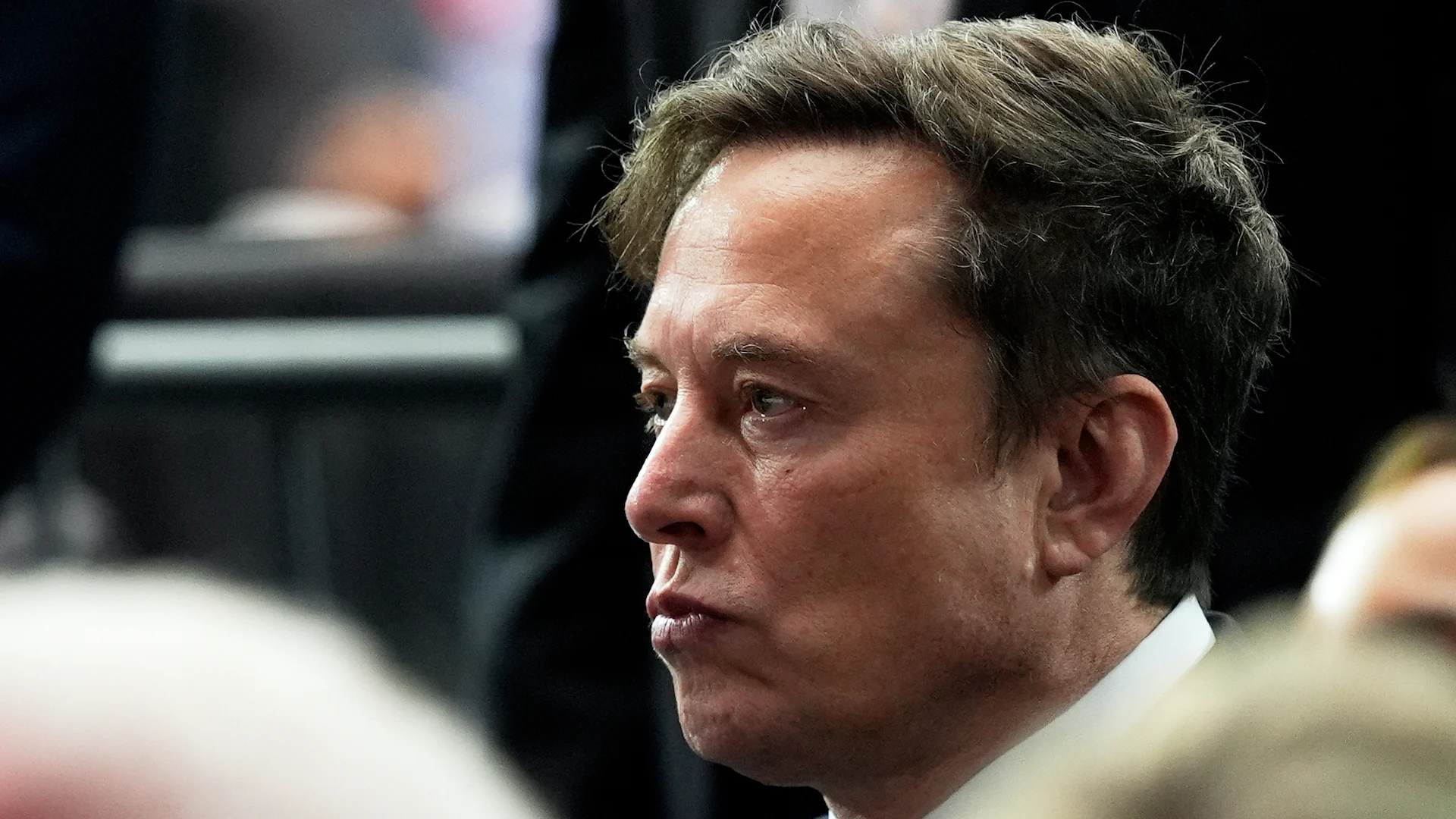#spacex
#spacex
[ follow ]
#starlink #starship #elon-musk #nasa #ipo #valuation #jared-isaacman #blue-origin #tesla #super-heavy #starship-v3
fromwww.mercurynews.com
3 days agoTesla's rally to record high is leaving Big Tech peers behind
There's been no dearth of sell signals for Tesla Inc. It's facing a potential sales halt in California, an electric vehicle slowdown across the US and is losing market share in China and Europe. But all that hasn't deterred investors excited about its work with artificial intelligence and autonomous-driving development efforts. The carmaker's shares have rallied 25% since a low on Nov. 21, notching a record for the first time this year.
Business
fromFortune
6 days agoAlphabet poised for another paper gain as SpaceX valuation jumps | Fortune
SpaceX's insider share sale was priced at $421 a share, Bloomberg reported Friday, which would mark a sharp jump in valuation from earlier secondary transactions. That is likely to lift the carrying value of Google's long-standing investment in Elon Musk's rocket and satellite company. Alphabet, Google's parent, has been an investor in SpaceX since at least 2015, when it joined Fidelity Investments in a $1 billion funding round for a combined stake of about 10% at the time, Bloomberg has reported.
Business
fromBusiness Insider
1 week agoHow a SpaceX IPO could deliver Google one of the most lucrative startup wins ever
Alphabet, parent company of Google, has been one of the best-performing stocks of the year, up nearly 70%, and now has a market capitalization of $3.8 trillion. The company also happened to make what could turn out to be one of the most lucrative startup investments of all time, which could finally bear fruit next year. In 2015, Google invested around $900 million in SpaceX for a stake of around 7% in Elon Musk's space company, which was then valued at $12 billion.
Venture
Science
fromwww.scientificamerican.com
2 weeks agoChina Tried to Land a Reusable Rocket. It Exploded. The Bigger Story Is What Comes Next
Reusable rockets have transformed orbital launch dominance, with SpaceX leading while competitors like Blue Origin and LandSpace show mixed progress and occasional failures.
fromTheregister
1 month agoSpaceX and Musk called on to rescue China's Shenzhou-20 crew
SpaceX and Elon Musk are once again being called on to rescue spacefarers - this time, the Chinese crew of Shenzhou-20, delayed on China's Tiangong space station after suspected space debris damage. The three-person crew including Chen Dong, Chen Zhongui, and Wang Jie, arrived in April and were supposed to return in November after a handover with the Shenzhou-21 crew. That return has been postponed while engineers assess potential damage from what reports describe as "a tiny piece of space debris."
Science
fromFast Company
1 month agoWill the race to the moon run through Texas or Washington?
The space agency's decision to reopen the contract for the Artemis mission moon lander renews competition between SpaceX, which had previously won the award, and Blue Origin, Jeff Bezos's space startup. But it also sets off a competition between Texas and Washington, the two companies' respective home states. Politicians have long fought over American space spending, as Fast Company has previously explained. But it's not clear where they stand, at least for now.
US politics
fromNature
1 month agoCan IVF save the northern white rhino from extinction? - October's best science images
Rockets roar. Photographer Andrew McCarthy captured the moment that a SpaceX Starship roared into space from its launchpad in Texas. Photographing the fiery plumes of the 33 Raptor engines that power the Starship Super Heavy booster proved a technical feat but also required luck. "We can study wind patterns, look at past launches, but ultimately, each one will behave slightly differently due to the chaos of the event," McCarthy says.
Science
US politics
fromwww.mediaite.com
1 month agoCNBC Host Presses Don Jr. On Investments in Musk's SpaceX and More: People Wonder if This is Just Crony Capitalism'
Donald Trump Jr. denies his investments create conflicts of interest, calling them common-sense investments intended to benefit the United States.
fromAdvocate.com
1 month agoElon Musk responds to NASA head Sean Duffy with homophobic GIF amid space-age feud
We are in a race against China so we need the best companies to operate at a speed that gets us to the Moon FIRST," Duffy wrote. "SpaceX has the contract to build the HLS which will get U.S. astronauts there on Artemis III. But, competition and innovation are the keys to our dominance in space so [NASA] is opening up HLS production to Blue Origin and other great American companies.
LGBT
fromWIRED
1 month agoNASA's Boss Just Shook Up the Agency's Plans to Land on the Moon
Duffy also cites "maybe others" getting involved. This refers to a third option. In recent weeks, officials from traditional space companies have been telling Duffy and the chief of staff at the Department of Transportation, Pete Meachum, that they can build an Apollo Lunar Module-like lander within 30 months. Amit Kshatriya, NASA's associate administrator, favors this government-led approach, sources said.
Science
fromArs Technica
1 month agoElon Musk just declared war on NASA's acting administrator, apparently
Because after another turbulent morning of closely following the rough-and-tumble contest to become the next NASA administrator, I sure could use one. What has happened now? Why, it was only SpaceX founder Elon Musk, who is NASA's most important contractor, referring to the interim head of the space agency, Sean Duffy, as "Sean Dummy," and suggesting he was trying to kill NASA. Musk later added, "The person responsible for America's space program can't have a 2 digit IQ."
US politics
fromTESLARATI
2 months agoSpaceX posts Starship booster feat that's so nutty, it doesn't even look real
As could be seen in the video shared by SpaceX, Starship's Super Heavy booster, which is nearly 400 feet tall, smoothly returned to Earth and hovered above the Gulf of America for a few seconds before it went for its soft water landing. The booster's picture-perfect maneuver before splashing down all but capped a near-flawless mission for Starship, which is about to enter its V3 era with Flight 12.
Alternative transportation
fromFuturism
2 months agoJane Goodall Recorded a Message About Elon Musk Before Her Death
"Absolutely, there are people I don't like," she told interviewer and TV writer Brad Falchuk, "and I would like to put them on one of Musk's spaceships and send them all off to the planet he's sure he's going to discover."
US politics
fromFuturism
2 months agoElon Musk Caught Letting China Invest in SpaceX, a Huge US Military Contractor
The news comes after ProPublica previously reported in March that SpaceX allows Chinese investors to buy a stake in the company - as long as funds are "routed through the Cayman Islands or other offshore secrecy hubs." The reporting suggested that SpaceX was trying to avoid scrutiny of its ties to China. Case in point, the company canceled a 2021 deal worth $50 million with a Chinese firm when plans became public, according to ProPublica 's reporting.
US politics
Venture
fromBusiness Insider
2 months ago'Can we find the next 40 Facebooks?': Behind the ambitious plans of 137 Ventures
137 Ventures builds concentrated, long-duration positions in deep-tech companies through secondary-market stake purchases, holding major positions in SpaceX, Anduril, Applied Intuition, and Impulse Space.
fromTESLARATI
2 months agoAstra CEO shades SpaceX over employee workload and Starbase
Elon Musk once stated that no one ever changed the world working just 40 hours a week. This was something that is openly known among his companies. They have the potential to change the world, but they require a lot of hours. SpaceX's working environment was recently criticized by Chris Kemp, the chief executive officer of Astra. During some remarks at the Berkeley Space Symposium 2025 earlier this month, Kemp shared some sharp remarks about the Elon Musk-led private space enterprise.
Tech industry
[ Load more ]

